SUMMARY
This is AI generated summarization, which may have errors. For context, always refer to the full article.
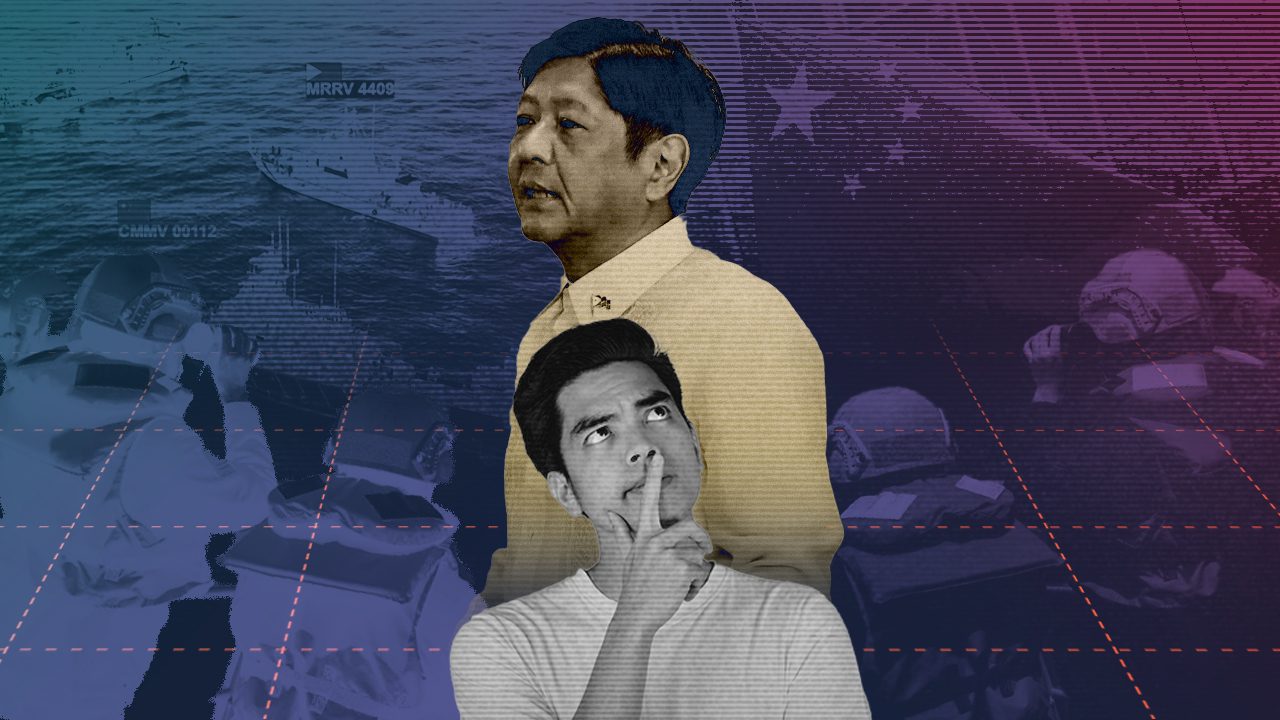
Like a doughnut, the much hyped “Bagong Pilipinas,” President Marcos’ rallying cry for his administration, has a big hole. While it promises a sky full of stars – an “environment that provides equal opportunities to all Filipinos” and the “attainment of comprehensive policy reforms…” – it leaves out the seas.
“Bagong Pilipinas” (New Philippines) does not situate the country in a changed geopolitical context wherein Marcos himself has clearly taken the lead in standing up to China, the bully. In an apparent zeal to follow his late father’s “Bagong Lipunan” (New Society) brand, so steeped in the 1970s, he merely transplanted the slogan without considering the wider environment, the conflicts that have been happening in the world, and their impact on us.
The seas are where global competition is being played out, from the Red Sea to the South China Sea. In our part of the world, the West Philippine Sea (WPS) has been the source of tension, a potential flashpoint, but it has also been a factor unifying Filipinos in the face of an external threat.
Neither does the rebranding call for Filipinos to look outward, into the seas that surround us, and ingrain in ourselves a maritime and archipelagic consciousness.
“Bagong Pilipinas” was launched in July 2023 but a kick-off rally took place only about a week ago. So, is there really anything new about “Bagong Pilipinas”? The fact that Marcos is still publicly searching for a “new paradigm” in dealing with China, despite this leadership and governance mantra, speaks of a gaping void.
Marcos in Japan
It began in what looked like a December of discontent for Marcos. Tension in the West Philippine Sea continued unabated as the China Coast Guard water-cannoned our Navy and Coast Guard vessels in Ayungin Shoal and Scarborough Shoal.
Thus, when the President traveled to Tokyo in December last year to attend the Japan-ASEAN summit, commemorating 50 years of friendship, he told the world about the dire situation, the Philippines’ search for “new solutions,” and the need for a “paradigm shift” to lower the temperature.
The Philippines has been consistent in filing diplomatic protests against China and summoning the Chinese ambassador, when necessary. On the frontlines, the Coast Guard and the Navy, with their limited ships, conduct regular patrols in the West Philippine Sea.
Still, Marcos said in separate interviews with the foreign and Japanese media: “I cannot say that we have found the answer yet. We are still trying to formulate that answer as we speak. And things are moving very quickly in many parts of the China Sea and so there are changes in terms of approaches, [the aggravations].”
He was crowdsourcing solutions, apparently urging the foreign affairs and defense departments, the National Security Council, and his advisers to come up with new ways of thinking about dealing with China.
Three Ds
As it is, there’s a trinity of strands in Marcos’ response to China: deterrence, dialogue, and diversifying security relations.
• Deterrence is mainly about modernizing the Navy and the Air Force, upgrading skills by conducting joint military exercises with allies and security partners, as well as joint patrols in the WPS. This also includes Marcos’s transparency initiative, making China’s bullying in the WPS public to gain international support.
• The most recent dialogue was conducted in Shanghai, the 8th Bilateral Consultative Mechanism or BCM. Manila and Beijing agreed to improve maritime communication, especially between the foreign ministries and the coast guards.
• Apart from strengthening its alliance with the US and its security partnerships with Australia and Japan, the Philippines has been diversifying its security cooperation. Manila and Ottawa have agreed on a defense partnership, recently signing a Memorandum of Understanding (MOU) on Defense Cooperation. France and the Philippines signed a similar agreement to boost defense ties; same with Manila and London. Who would have thought that Netherlands and the Philippines would seal an MOU to promote cooperation in the defense industry? This, they did last year. Even Sweden signed an MOU with the Philippines on the acquisition of defense equipment.
‘Comprehensive defense concept’
Responding to Marcos’s call for a “paradigm shift,” the defense department has come up with a “comprehensive archipelagic defense concept” wherein the military is slated to guarantee the “unimpeded and peaceful” exploration of natural resources within the country’s Exclusive Economic Zone (EEZ).”
Defense Secretary Gilberto Teodoro said in a speech: “…we are evolving into a defense concept which projects our power into our areas where we must by Constitutional fiat and duty, protect and preserve our resources.” The nuts and bolts of this paradigm have yet to surface.
In line with instilling an archipelagic consciousness, the Navy recently appointed its spokesperson for the West Philippine Sea. Part of their goal is to highlight the Navy’s role, how the grey ships are responding to China’s provocations. This is a fit in the new defense concept.
Bilateral actions
What else should be in the government’s toolkit?
Marcos’s state visit to Vietnam last week offers some answers: cooperation between the coast guards of the Philippines and Vietnam, an MOU on Incident Prevention and Management in the South China Sea, and a future joint submission on an extended continental shelf (ECS) to the UN Commission on the Limits of the Continental Shelf. These moves show that bilateral actions – not involving China – can help keep peace in the contested waters.
Experts have been urging the Philippines to file for an ECS facing the South China Sea. The ECS refers to the area beyond the 200-nautical-mile EEZ of a coastal state. Antonio Carpio, an authority on the law of the sea, said that the Philippine should make its claim to protect the country’s maritime zone in the face of aggravations from China.
Marcos can also look into the past. The Philippines and Indonesia forged a treaty in 2019 which defined the boundary between these two countries’ overlapping EEZs. This could be a template for similar agreements with claimant countries like Vietnam and Malaysia.
Let me know what you think. You can email me at marites.vitug@rappler.com.
Add a comment
How does this make you feel?




![[OPINION] Ayungin and why PH should respond as one team, one nation](https://www.rappler.com/tachyon/2024/06/rl-wps-responding-as-one-team.jpg?resize=257%2C257&crop=262px%2C0px%2C720px%2C720px)
![[In This Economy] Marcos’ POGO ban is popular, but will it work?](https://www.rappler.com/tachyon/2024/07/thought-leaders-marcos-pogo-ban.jpg?resize=257%2C257&crop=255px%2C0px%2C720px%2C720px)
![[Rappler Investigates] POGOs no-go as Typhoon Carina exits](https://www.rappler.com/tachyon/2024/07/newsletter-graphics-carina-pogo.jpg?resize=257%2C257&crop=424px%2C0px%2C1080px%2C1080px)




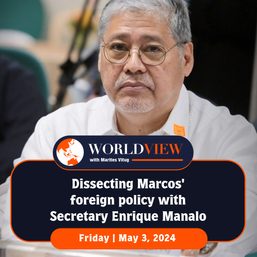
![[OPINION] Expectations for Philippines-US-Japan trilateral cooperation: A view from Japan](https://www.rappler.com/tachyon/2024/04/tl-ph-usa-jp-cooperation.jpg?resize=257%2C257&crop=447px%2C0px%2C1080px%2C1080px)
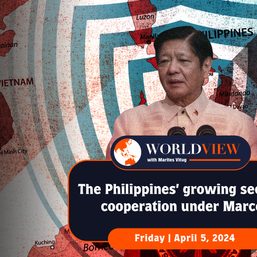
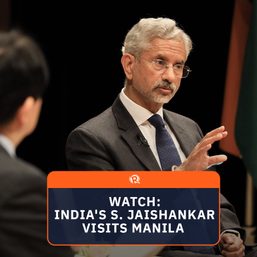



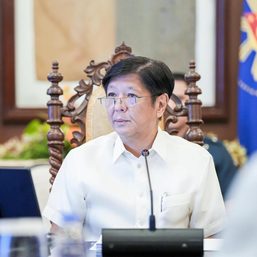
![[WATCH] #TheLeaderIWant: Filipino voters sound off on community issues a year before 2025 elections](https://www.rappler.com/tachyon/2024/05/filipino-voters-sound-off-on-community-issues-1.jpg?resize=257%2C257&crop=276px%2C0px%2C720px%2C720px)


![[Just Saying] SONA 2024: Some disturbing points](https://www.rappler.com/tachyon/2024/07/TL-marcos-sona-points-july-23-2024.jpg?resize=257%2C257&crop=335px%2C0px%2C720px%2C720px)















![[Hindi ito Marites] Japan: From enemy to bestie](https://www.rappler.com/tachyon/2024/07/Hindi-ito-Marites-TC-ls-7.jpg?resize=257%2C257&crop=415px%2C0px%2C1080px%2C1080px)

![[Rappler’s Best] America](https://www.rappler.com/tachyon/2024/07/rapplers-best-america.jpg?resize=257%2C257&crop=458px%2C0px%2C1080px%2C1080px)




There are no comments yet. Add your comment to start the conversation.